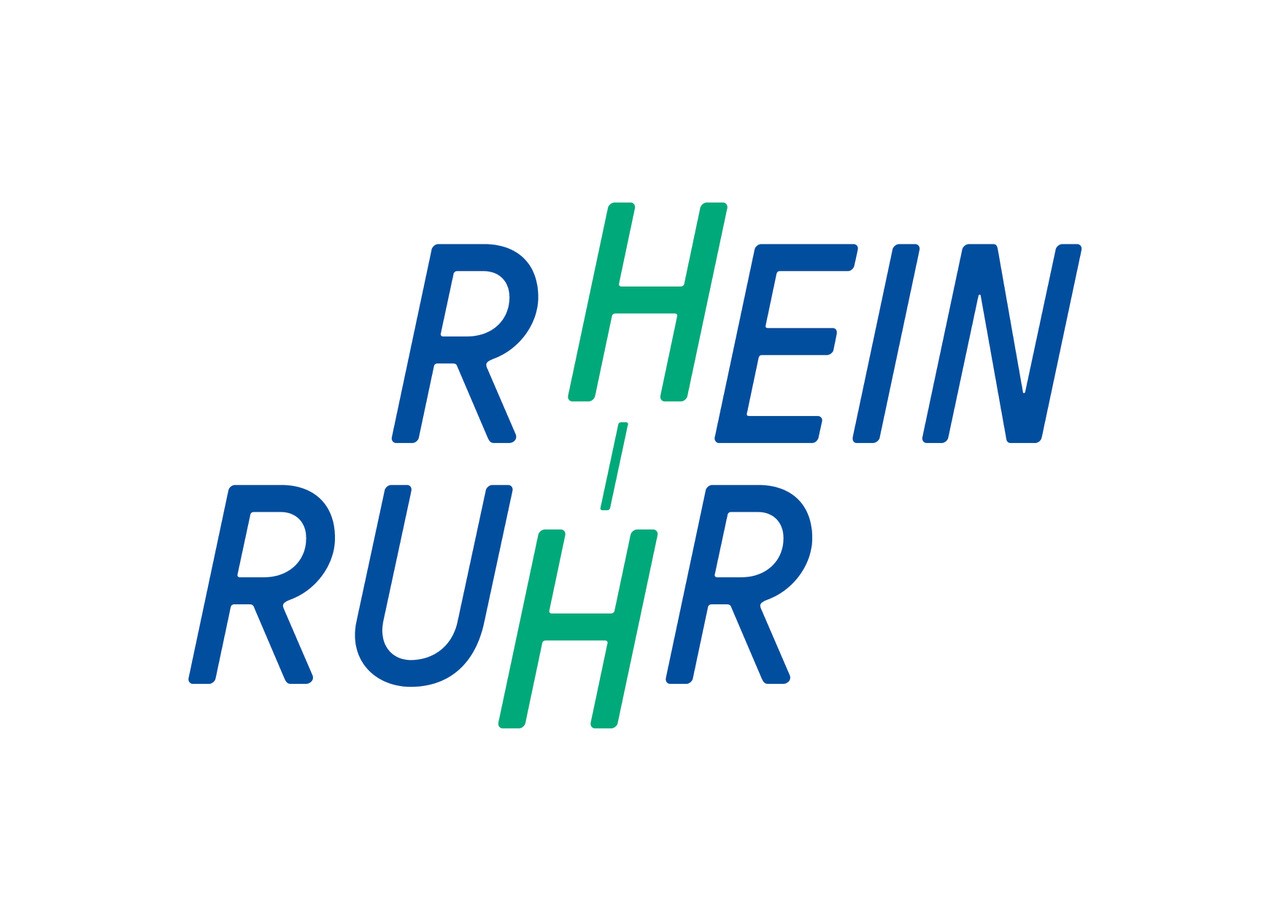HyPerformer II: Rhein-Ruhr
City of Düsseldorf, City of Wuppertal, Rhine District-Neuss, District of Mettmann, District of Recklinghausen, District of Unna, District of Wesel, Ennepe-Ruhr District, City of Bochum, City of Bottrop, City of Dortmund, City of Duisburg, City of Essen, City of Gelsenkirchen, City of Hagen, City of Hamm, City of Herne, City of Mülheim/Ruhr, City of Oberhausen
Aim: Development of infrastructure and hydrogen mobility in the Ruhr region.
Project volume: EUR 81 million (BMDV funding EUR 15 million, co-financed by the state of NRW with EUR 15 million)
Duration: 06/2023-06/2027

Background to the region
he HyPerformer Rhein-Ruhr region includes the area of the “Regionalverband Ruhr” as well as the area of the hydrogen competence region Düssel.Rhein.Wupper and consequently a densely populated area with more than 7 million inhabitants and an extreme level of traffic density.
The investment projects to be funded are based on the preliminary studies of HyExperts Emscher-Lippe and City of Essen as well as the model region Hydrogen Mobility NRW Düssel.Rhein.Wupper. The projects serve to interconnect H2 refuelling facilities in order to create the infrastructural prerequisites for climate-neutral heavy-duty transport.
Specifically, electrolysers or filling stations are planned in Düsseldorf, Wuppertal, Essen, Gelsenkirchen and Dorsten. The location of some of the filling stations allows for later pipeline access, which can be used to serve more frequent usage. The project also includes an H2 filling station at Düsseldorf Airport for the land and air-side supply of H2 commercial vehicles, as well as a 1 MW electrolysis unit at each of the waste incineration plants in Düsseldorf and Wuppertal to supply existing filling stations with green hydrogen. In Wuppertal, this will be used, among other things, to supply climate-neutral bus services for local public transport.
The proposed refuelling stations are located at important transport hubs or in transport clusters. In addition, 2 mobile filling stations will also enable haulage companies and fleet operators to set up hydrogen fleets at variable locations. The change of location of the mobile refuelling stations is to correspond with the establishment of stationary facilities.
In this way, commercial vehicle operators in the region benefit from the expansion of the H2 refuelling station network, independent of municipal boundaries, and receive planning security for the conversion to climate-friendly vehicles. At the same time, growing H2 fleets create an incentive for investors to set up further filling stations whose economic operation is assured. In this way, the start-up financing through the HyPerformer funding leads to a self-reinforcing process for the establishment of climate-friendly drive systems. The funded filling stations are expected to be realised from 2024 onwards.
All projects are aimed at transforming heavy goods transport, which is particularly intensive in the densely populated Rhine-Ruhr region, to climate-friendly drive systems, which will make a significant contribution to reducing the conspicuously high CO2 emissions in the region and thus make a relevant contribution to achieving the statutory climate targets.
The project is supported by over 100 haulage companies, H2 networks, research institutions and municipalities. The investment volume is approx. 81 million euros with funding of 15 million euros (NIP 2) and 15 million euros (State of NRW). The office for the project will be set up at the Regionalverband Ruhr as part of the Hydrogen Metropole Ruhr initiative. The designation as a HyPerformer region highlights the importance of the Ruhr region as a model region for the ramp-up of the hydrogen economy.
The HyPerformer regional stakeholders:
BP, Düsseldorf Airport, E.ON Hydrogen, H2 Mobility, Raiffeisen Gas, Stadtwerke Düsseldorf, Stadtwerke Wuppertal, Volt H2 and Air Liquide (associated).

